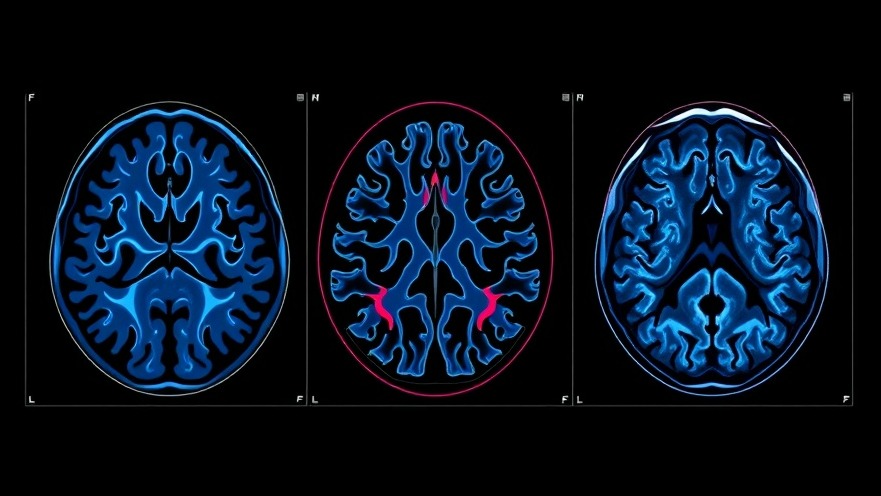
Understanding the Impact of AI in Medical Imaging
Artificial intelligence (AI) has emerged as a transformative force in multiple sectors, and perhaps nowhere is its impact felt more profoundly than in the healthcare sector, specifically in diagnostics and cancer treatment. The rapid evolution of AI technologies such as machine learning enables healthcare professionals to process vast amounts of data to improve the accuracy of diagnostics and the efficiency of treatment plans. With an aging population and increasing prevalence of cancer, the integration of AI in medical imaging represents a significant leap forward.
Bridging the Gap Between Research and Practice
The collaboration between academic institutions and the medical industry has fueled the growth of AI applications in healthcare. As detailed in a recent article, decades of computational research in university settings are now converging with commercial interests to create advanced medical decision-support systems. These systems harness AI capabilities to interpret patient data and recommend treatment options. This synergy is not just beneficial; it is essential for developing effective healthcare solutions.
The Revolution of Cancer Diagnostics with AI
AI technologies significantly enhance the accuracy of image analysis in oncology. Machine learning algorithms can sift through thousands of imaging datasets, analyzing CT scans, MRIs, and X-rays more effectively than traditional methods. By identifying abnormalities such as tumors at earlier stages, AI not only aids in timely diagnosis but also assists clinicians in formulating targeted treatment plans. This early intervention is critical, as highlighted by the advancements made in histopathological image analysis.
Multi-Omics Integration: A Next-Level Approach
Recent technological strides in computational pathology and -omics are paving the way for personalized healthcare. By integrating varied data sources, including genomic information, AI aids in fine-tuning treatment strategies tailored to individual patients. The challenge remains in reliably merging these complex datasets, yet developments in AI promise to enhance our ability to predict patient outcomes based on comprehensive health data.
The Future of AI in Cancer Treatment
As we move into 2025 and beyond, the potential for AI to revolutionize cancer care is immense. Predictive algorithms combining imaging and -omics data could lead to more accurate prognoses and tailored treatments. However, the effective adoption of these technologies requires not just innovative algorithms but also interdisciplinary collaboration among healthcare providers, data scientists, and researchers.
Confronting Challenges in AI Implementation
Despite these opportunities, several challenges persist. The development of AI tools must ensure they are reliable and interpretable. Enhancing algorithm transparency is crucial in gaining acceptance from clinicians who will be utilizing these AI solutions. Training protocols also need to evolve to equip healthcare professionals with the necessary skills to integrate AI insights into their practices effectively.
Call to Action for Health Practitioners
For concierge health practitioners looking to expand their capabilities in patient care, embracing AI technologies is not just advisable; it's imperative. By staying updated on the developments in AI medical imaging, practitioners can enhance their diagnostic capabilities, streamline their operations, and ultimately improve patient outcomes.
In conclusion, integrating AI into medical imaging heralds a new era of precision medicine, especially in the realm of cancer treatment. As we continue to explore and address the challenges of implementing these technologies, the potential benefits are transformative—offering better health outcomes and supporting healthcare professionals to handle complex cases with greater confidence.
 Add Row
Add Row  Add
Add 




Write A Comment